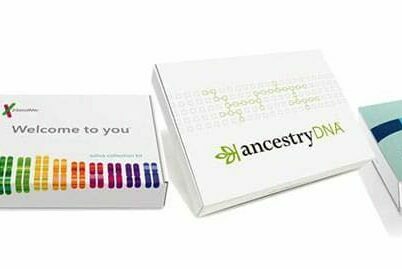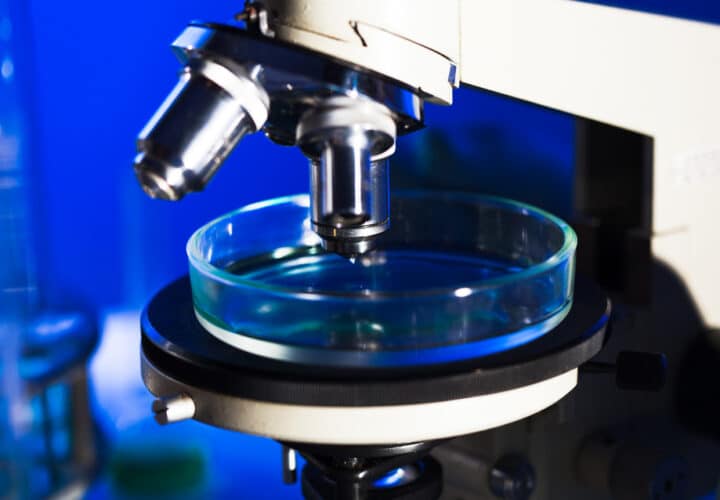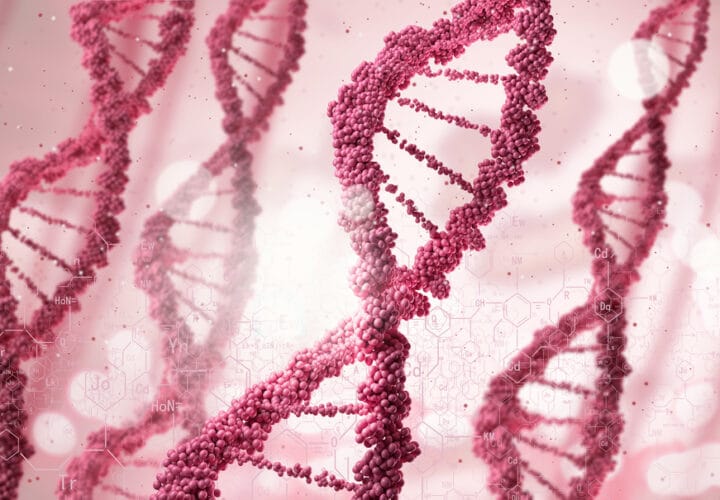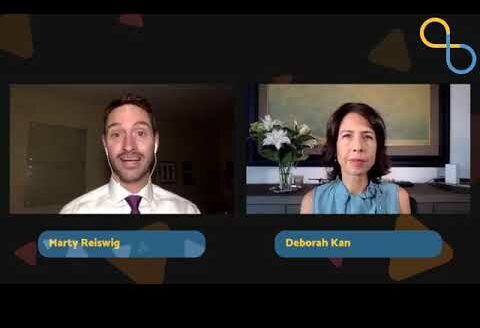Being Patient readers with ApoE4, known as the "Alzheimer's Gene," share fears, plans, and inspiration.
Alzheimer’s disease affects one in 10 people over the age of 65 and one in three over the age of 85, and its global prevalence is only growing. But, researchers have yet to get to the bottom of its root cause. One area of close examination is genetics: While there is not presently any specific gene known to directly cause late-onset Alzheimer’s, a variant of apolipoprotein E (ApoE), on chromosome 19 — ApoE4 — has been found to increase some carriers’ risk of developing Alzheimer’s by as much as double. For this reason, it’s taken on the reputation of “the Alzheimer’s gene.”
But the ApoE4 gene mutation — along with Alzheimer’s disease’s genetic and race-based risk factors on a larger scale — remains a mystery: In one recent study of America Indians, ApoE4 wasn’t found to increase Alzheimer’s risk at all. This finding was quite a twist — and, brain health advocates say, another testament to the urgency of diversifying Alzheimer’s research.
Researchers are working to better understand Apoe4’s role in Alzheimer’s, including its full effects on the blood-brain barrier and other parts of the brain. Recent studies show its impact may be visible as early as childhood or young adulthood. Rarer but more potent genetic mutations of the PSEN or APP genes may be as much as “100 percent penetrant.”
By signing on with 23andMe or AncestryDNA for a saliva test that may cost as little as $99, consumers can easily discover for themselves whether they are carriers genes that spike their risk of developing Alzheimer’s disease during their lifetimes. What many don’t anticipate is the extent to which such a discovery can change their lives.
Here are five stories from the Being Patient community about navigating life with ‘the Alzheimer’s gene,’ with or without an Alzheimer’s diagnosis.
“Sustaining Uncertainty”
An essay by Deborah Fries
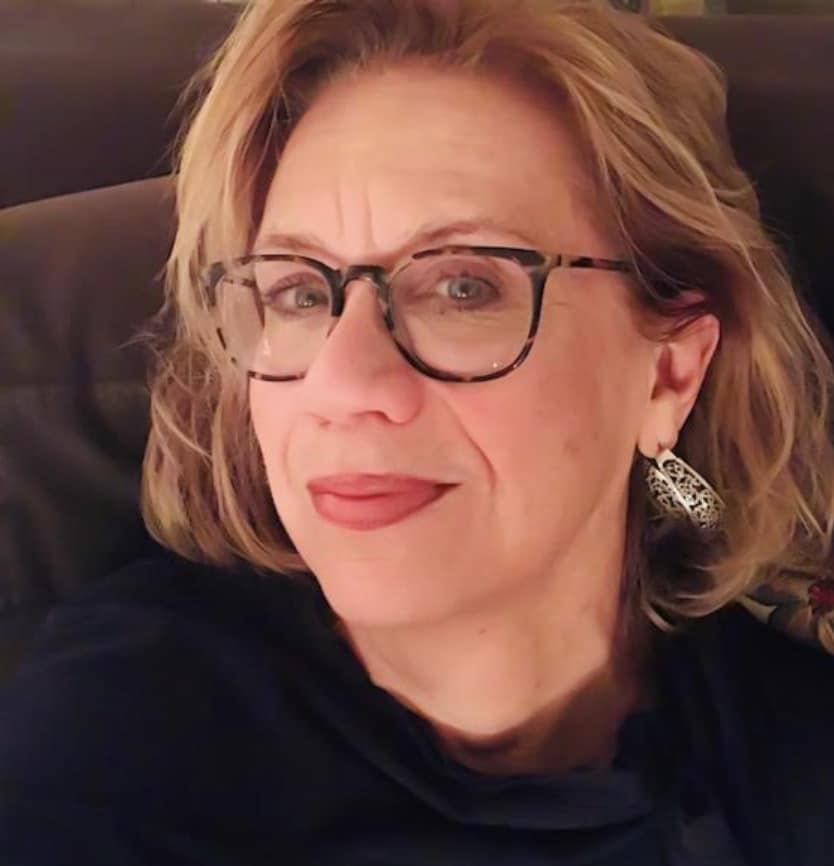 Finding out that you’re a carrier of ApoE4, the greatest genetic risk factor for Alzheimer’s, can be overwhelming, shrouding the future with ambiguity. Deborah Fries discovered in 2003 that she had inherited a pair of ApoE4 alleles from her parents.
Finding out that you’re a carrier of ApoE4, the greatest genetic risk factor for Alzheimer’s, can be overwhelming, shrouding the future with ambiguity. Deborah Fries discovered in 2003 that she had inherited a pair of ApoE4 alleles from her parents.
Now, the pandemic has compounded the sense of uncertainty in her life, as she now lives with two types of risk: COVID-19 in the world around her and ApoE4 within. Still, the public health crisis has also given Fries clarity on what matters most. In her essay for being patient, she discusses her choice to focus on the present, protecting her health, staying connected to her loved ones, writing her book. Read Deborah’s essay here.
‘I Have A 50% Chance of Getting Alzheimer’s By Age 50’
A conversation with Marty Reiswig
 As a college student, Marty Reiswig decided to take his girlfriend to a family reunion. After he noticed many of his relatives struggling with everyday tasks like pulling out a chair, Reiswig decided to take a closer look at his family’s history with early-onset Alzheimer’s.
As a college student, Marty Reiswig decided to take his girlfriend to a family reunion. After he noticed many of his relatives struggling with everyday tasks like pulling out a chair, Reiswig decided to take a closer look at his family’s history with early-onset Alzheimer’s.
Eventually, he learned that his family is one of only 643 on Earth known to carry the PSEN2 gene mutation, a rare early-onset gene that nearly guarantees its carriers will develop early-onset Alzheimer’s — even rarer but higher risk than ApoE4.
Watch our livetalk with Marty or read the transcript of our conversation here.
“I’m a Human Lab Rat in an Alzheimer’s Study”
An essay by Jamie Tyrone
 What would you do if you found out you had a near-certain chance of developing Alzheimer’s? And how would it affect your life if you got that information in your 40s, long before most people start worrying about developing dementia or looking into long-term care? That’s what Jamie Tyrone has been grappling with since she was given that information by mistake nine years ago.
What would you do if you found out you had a near-certain chance of developing Alzheimer’s? And how would it affect your life if you got that information in your 40s, long before most people start worrying about developing dementia or looking into long-term care? That’s what Jamie Tyrone has been grappling with since she was given that information by mistake nine years ago.
At age 48, Tyrone was told that she had two copies of ApoE4, the single genetic factor most associated with Alzheimer’s disease. Carrying one copy of the gene, inherited from one parent, raises a person’s risk three-fold. Jamie’s risk is 12 times higher than someone without ApoE4. She first responded the way anyone would — in shock, she faced anxiety and depression over her newfound knowledge.
But Tyrone, a bubbly, outgoing redhead who has a tendency of befriending everyone she meets, soon picked herself up and changed her life, starting with healthy lifestyle habits and starting her own Alzheimer’s awareness organization, Beating Alzheimer’s By Embracing Science — BABES, for short. Read Jamie’s story here.
“Finding New Purpose Following an Early Onset Alzheimer’s Diagnosis”
A conversation with Jay Reinstein
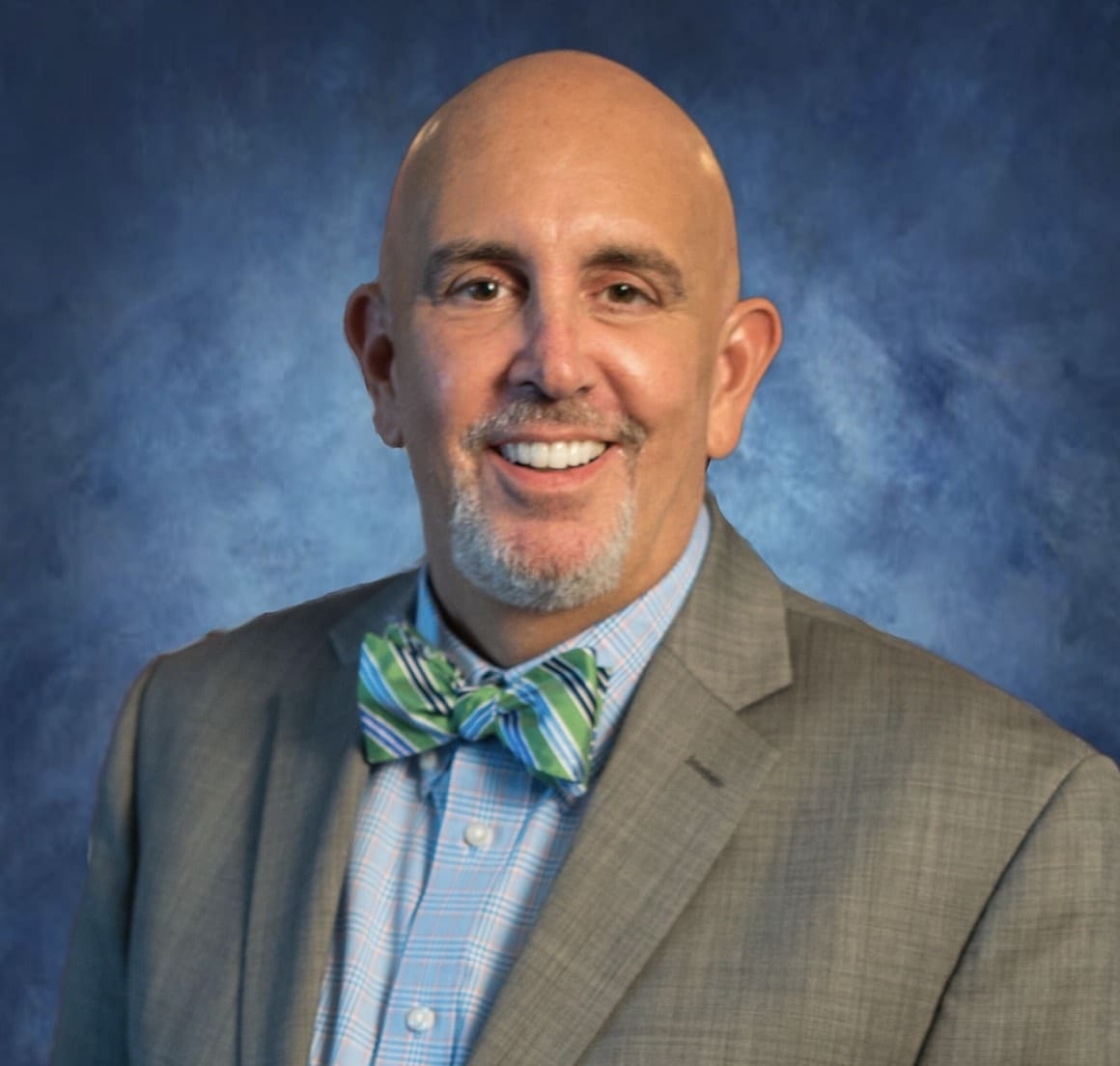 For some, an Alzheimer’s diagnosis can feel like the end of life; for others, it’s a chance to begin a new one. Following his early onset Alzheimer’s diagnosis, local government worker Jay Reinstein made it his life’s work to continue contributing to his community however he can. Jay has the ApoE4 gene, which is linked to an increased risk of developing the disease, and at the age of 57, he was diagnosed with early onset Alzheimer’s disease.
For some, an Alzheimer’s diagnosis can feel like the end of life; for others, it’s a chance to begin a new one. Following his early onset Alzheimer’s diagnosis, local government worker Jay Reinstein made it his life’s work to continue contributing to his community however he can. Jay has the ApoE4 gene, which is linked to an increased risk of developing the disease, and at the age of 57, he was diagnosed with early onset Alzheimer’s disease.
After 25 years working in local government, Jay now involved with the National Board of Directors for the Alzheimer’s Association, the National Early-Stage Advisory Group, and he works as an Alzheimer’s advocate increasing awareness, lobbying for funds and encouraging others to make the most of life with the diagnosis. Being Patient spoke with Jay about when he noticed his symptoms, how the diagnosis has affected his life and his advocacy work. Watch the livetalk or read a transcript of our conversation with Jay here.
“A Journalist’s Perspective on Living with Alzheimer’s”
An conversation with Greg O’Brien
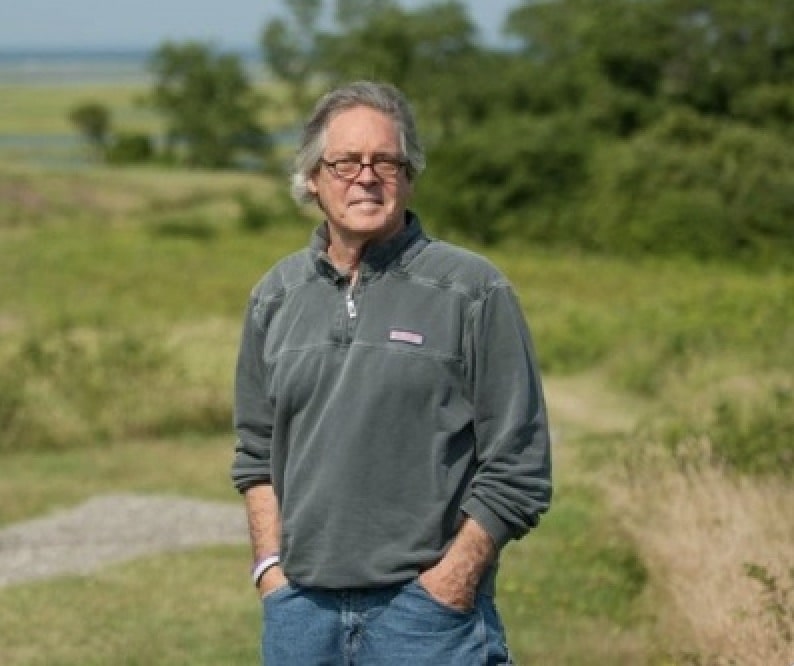 Journalist Greg O’Brien became a caregiver for his parents after his mother was diagnosed with Alzheimer’s and his father began demonstrating signs of dementia during a battle cancer. Later, O’Brien suffered two traumatic head injuries and began recognizing the early signs of cognitive decline in himself.
Journalist Greg O’Brien became a caregiver for his parents after his mother was diagnosed with Alzheimer’s and his father began demonstrating signs of dementia during a battle cancer. Later, O’Brien suffered two traumatic head injuries and began recognizing the early signs of cognitive decline in himself.
He discovered he carries two copies of the ApoE4 gene, which could increase your lifetime risk of developing Alzheimer’s by, according to some studies, more than 90 percent, and received a diagnosis of early-onset Alzheimer’s at age 59.
Inspired by both his mother and the denial and silence he saw surrounding the discussion around Alzheimer’s, O’Brien put his writing skills to use in On Pluto: Inside the Mind of Alzheimer’s, sharing his experiences with the disease and offering advice on living with Alzheimer’s as well as caring for those afflicted by it. Being Patient spoke with O’Brien about his journey through diagnosis and daily life, the influence behind his decision to write about Alzheimer’s and advice for those living with Alzheimer’s. Watch the livetalk or read a transcript of our conversation with Greg here.
Do you have an ApoE4 story to tell? Consider sharing it with our readers.
Being Patient welcomes contributions to our VOICES section. The VOICES offers a platform to share your voice by telling your experience and offering advice to those who are going through similar experiences. Do you have a story to tell? Check out our submissions guidelines here.
